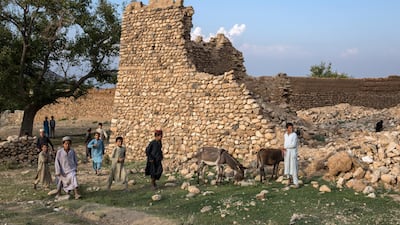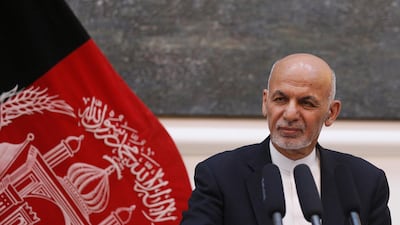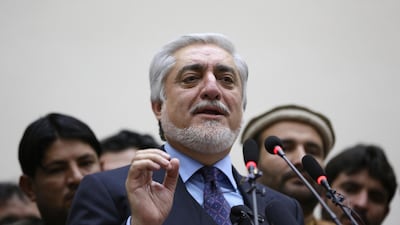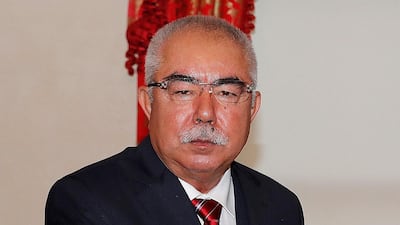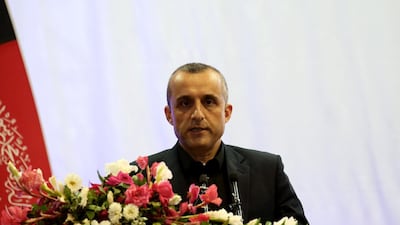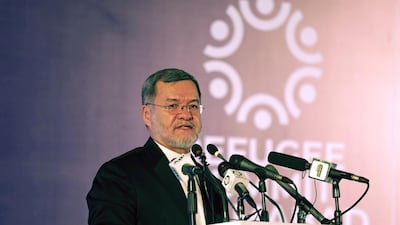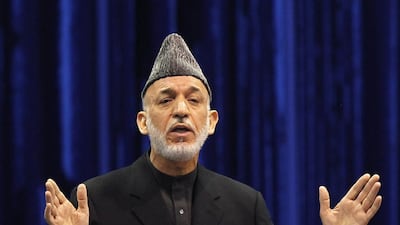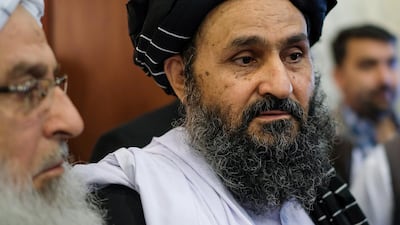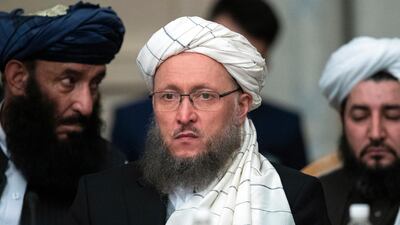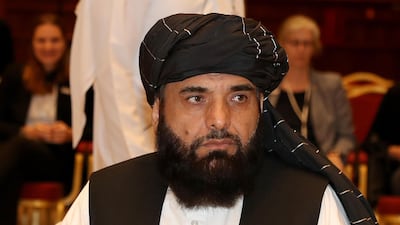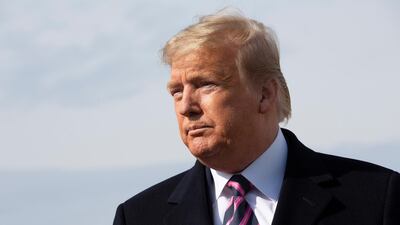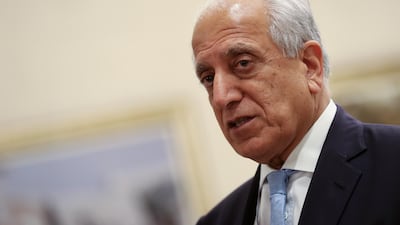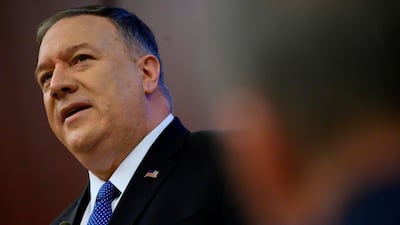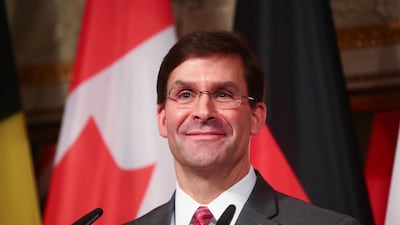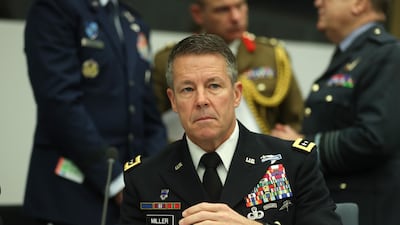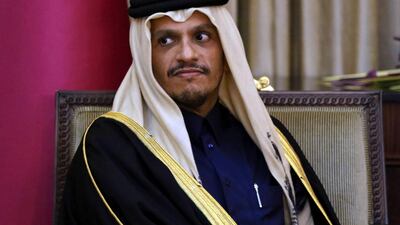US Secretary of State Mike Pompeo said that a new truce with the Taliban is "an important step" as an agreed reduction in violence throughout the country took effect at midnight on Friday.
Spokesman for the Afghan National Security Council, Jawed Faisal, announced the truce would begin as planned, and said the council hoped the Taliban would "reduce violence as per the commitments”.
The US and the Taliban have agreed to a seven-day reduction in violence ahead of signing a peace deal, which will pave the way to end America's longest war in history - and almost two decades of US forces in Afghanistan.
"After decades of conflict, we have come to an understanding with the Taliban on a significant reduction in violence across Afghanistan. This is an important step on a long road to peace and I call on all Afghans to seize this opportunity," Mr Pompeo said in a post on social media.
While a vague term, the agreement means that the Taliban will not launch attacks in cities, on highways or against US bases, as well as the Afghan National Defence and Security Forces. The US will monitor developments throughout the next seven days.
Nato chief Jens Stoltenberg on Friday said a historic US-Taliban agreement had opened a route to sustainable peace in Afghanistan. "This could pave the way for negotiations among Afghans, sustainable peace, and ensuring the country is never again a safe haven for terrorists," Stoltenberg said in a statement.
Afghanistan’s capital Kabul remained quiet after today’s announcement.
If successful, the signing of the peace deal will see the beginning of US troop withdrawal. It will also trigger direct talks between the Taliban and the US-backed Afghan government in an effort to secure lasting peace.
"Upon a successful implementation of this understanding, signing of the US-Taliban agreement is expected to move forward. We are preparing for the signing to take place on February 29. Intra-Afghan negotiations will start soon thereafter, and will build on this fundamental step to deliver a comprehensive and permanent ceasefire and the future political roadmap for Afghanistan," the US State Department said.
On Tuesday, President Ashraf Ghani was confirmed for another five-year term, although his election came amid challenges from his main rival Dr Abdullah Abdullah, who also claimed victory.
While a full ceasefire for the week couldn’t be secured, all parties agreed to a significant reduction in fighting.
"Both parties will now create a suitable security situation in advance of (the) agreement signing date, extend invitations to senior representatives of numerous countries and organisations to participate in the signing ceremony, make arrangements for the release of prisoners, structure a path for intra-Afghan negotiations with various political parties of the country and finally lay the groundwork for peace across the country with the withdrawal of all foreign forces and not allowing the land of Afghanistan to be used against security of others so that our people can live a peaceful and prosperous life under the shade of an Islamic system, Allah willing," the Taliban said in a statement.
The US stated that it has enough surveillance to monitor the Taliban’s adherence to the agreement.
The US still has between 12,000-13,000 troops in Afghanistan, but a peace deal could see numbers drop to an initial 8,600, with further withdrawal over the next three to five years.
Last year saw the highest number of civilian casualties since the beginning of the war in 2001. The US launched more than 7,000 airstrikes in 2019 alone, while armed insurgents, including the Taliban, staged around 25,000 attacks.
The Taliban continues to control more than half of the country, and an eventual deal between the Afghan government and the Taliban would see the group become part of the government.
The US and the Taliban have been negotiating a deal for the past year, with President Donald Trump abruptly cancelling talks last September, after a Taliban attack killed an American soldier and eleven Afghan civilians. In November, a surprise thanksgiving visit by Trump to Afghanistan put negotiations back on the table.
But while any reduction in violence is a crucial step to the signing of a US-Taliban peace deal, it is the least important part of the agreement, states Jarrett Blanc, a senior fellow at the Carnegie Endowment for International Peace and long-term Afghanistan expert. “The intra-Afghan talks remain the hard part,” he said. “Neither the Taliban nor the government and legitimate opposition have a realistic agenda for those talks.
